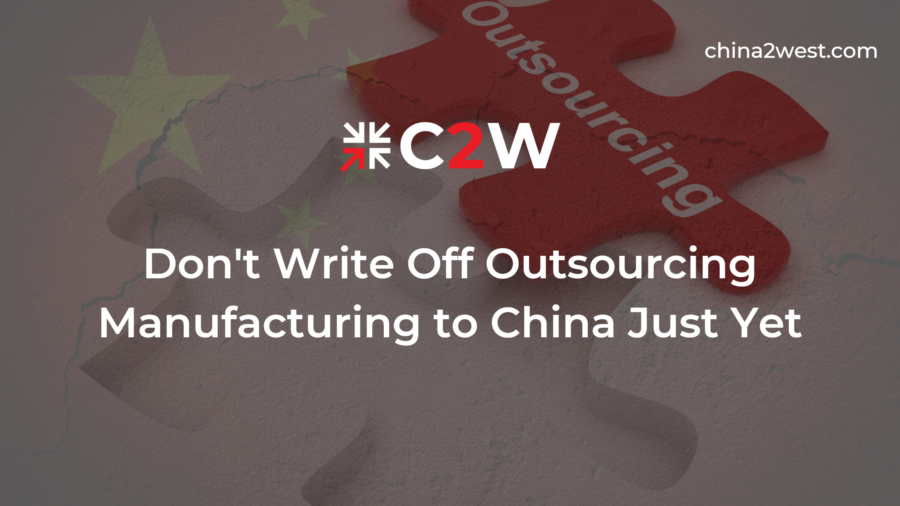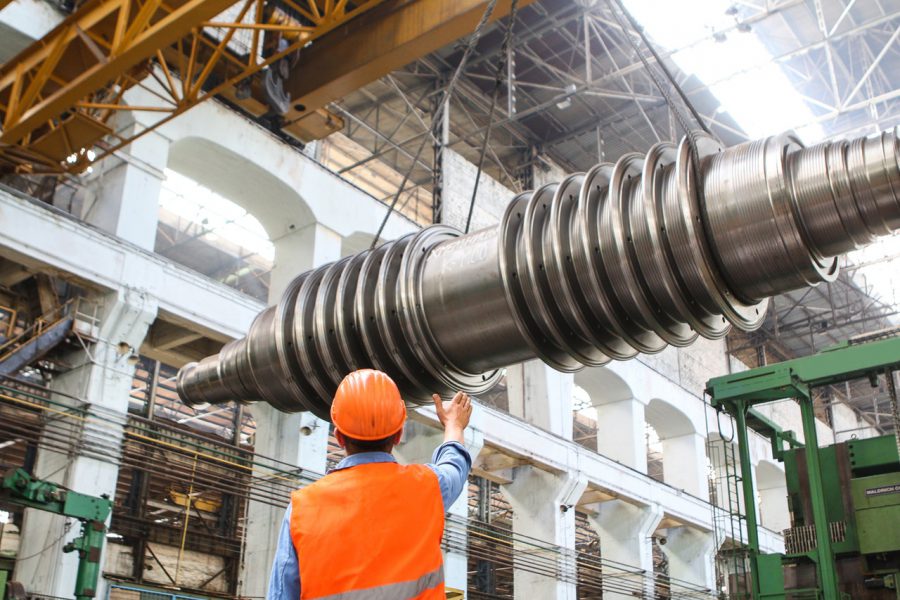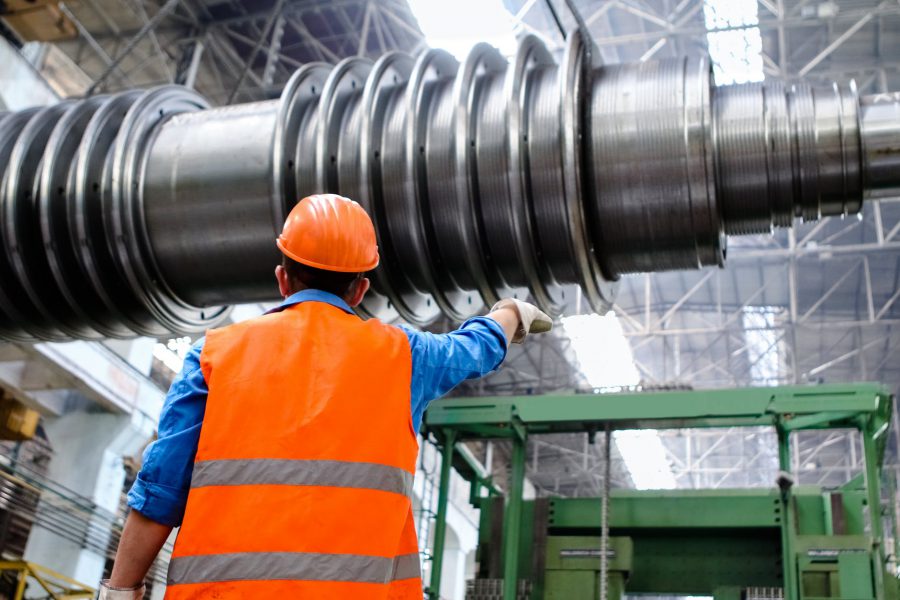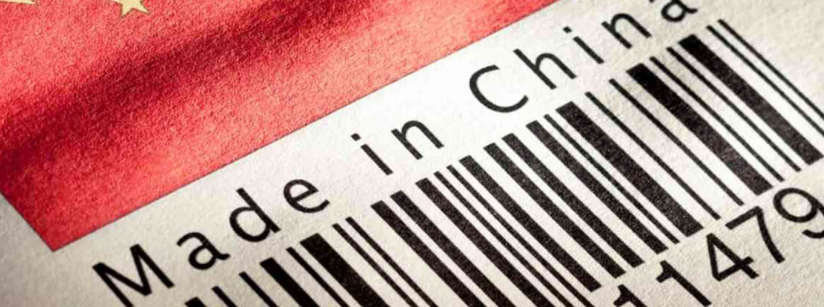After decades of outsourcing manufacturing to China, the country is no longer the cheap and intensive source of labor it used to be. However, you may still want to consider outsourcing your production to China for access to advanced manufacturing expertise or fully developed infrastructures a lower cost. Here are some key reasons why outsourcing manufacturing to China can still make sense for many western companies – and how those reasons have changed since outsourcing was first introduced on a large scale back in 2001.
The cost is still lower than the west
Despite the ongoing trade war between China and the United States, there are still many advantages to outsourcing manufacturing to China. From low labor costs to a highly skilled workforce, manufacturers can still expect significant cost savings when choosing to outsource production to China.
For starters, Chinese factories offer competitively lower labor costs that can help manufacturers keep their goods prices affordable. While this was a main reason why many companies outsourced their production in the first place, it’s still true today.
Many factories offer lower wages compared to similar factories in the western world. In some cases, these wages can be as low as one-third of those found in those countries.
Another cost-saving measure that manufacturers can still benefit from when outsourcing to China is the lower cost of raw materials. Although this cost has been rising in recent years due to `tariffs, it’s still lower than it is in many other countries. This means manufacturers can get the same high-quality raw materials for less money and still have a competitive edge when it comes to their finished product.
There’s still a large labor pool
Southeast Asia may now offer the lowest price of labor force, but the quality is distinctively better in China.
China is home to 1.4 billion people, making it the one of the most populous countries in the world. Not only this means that it has a larger labor force than any other nation, but China also has a wide range of skilled and experienced workers. It’s possible to find experts in just about every industry from fashion design to engineering.
The Chinese government has also been taking steps to ensure that the quality of its workforce remains high. For example, the country has implemented a series of initiatives designed to boost the technical training of its workers and attract higher-skilled labor from abroad.
Additionally, China has invested heavily in automation technology, making it one of the most advanced countries when it comes to robotics and automated manufacturing processes.
Their infrastructures are world-leading
One of these reasons why, despite the ongoing tension between China and the west, many businesses still choose to keep their supply chains there, is the fact that China boasts one of the most advanced infrastructures in the world.
In terms of its transport infrastructure, China’s road, rail, and aviation networks are among the best in the world. For example, it is estimated that there are over 5 million kilometers of roads in the country, with over 104,000 miles of expressways connecting major cities.
Additionally, China boasts the world’s longest high-speed rail network, which covers more than 146,000 kilometers of track. This extensive infrastructure makes it easy to move materials, components, and finished products across the country quickly and efficiently.
Moreover, China is also home to some of the world’s most advanced ports, own 7 out of the top 10 world’s busiest ports. Currently, China has over 34 major ports and more than 2000 minor ports with many of them located along the country’s extensive coastline.
Furthermore, many Chinese ports have modernized container terminals and use advanced technology such as automated systems to increase throughput and reduce labor costs.
Overall, China’s impressive infrastructure continues to make it an attractive option for businesses looking to outsource their manufacturing operations. With reliable transportation links and advanced port facilities, businesses can count on China for efficient and cost-effective shipping of materials and finished products.
The quality of goods has improved tremendously
In recent years, the quality of goods manufactured in China has improved tremendously. In fact, many companies are reporting higher quality and more consistent performance when working with Chinese factories.
This is due to several factors, including the implementation of stricter regulations and quality control standards, the rise of automation and the use of advanced technology, and the sheer size and scope of the Chinese manufacturing industry.
In addition, Chinese manufacturers are becoming increasingly aware of the need to build better relationships with customers and provide better value for money.
Furthermore, China has the capacity and capability to produce a wide variety of products and can accommodate the specific needs of companies from any industry.
There are more options for communication and collaboration
In the past, one of the biggest challenges of outsourcing manufacturing to China was the lack of communication and collaboration. It can be hard to connect with a partner on the other side of the world, leaving many feeling uncertain about the production process.
Today, there are more options than ever for companies to stay connected with their suppliers. With modern communication technologies like VoIP, video conferencing, and cloud-based services, companies can easily keep in touch with their partners and keep track of the progress of their orders, especially in China where artificial intelligence and 5G communication have been pretty common.
This makes it much easier for companies to ensure their products are produced according to their specifications and quality standards.
With the previous three decades of working with western businesses, language communication is no more a major issue with Chinese manufacturers. Many of them have English-speaking employees. Worst case scenario, which is rare, they are able to get your message across using translation tools such as Google Translate or Youdao which is popular in China.
In light of the current climate, it’s definitely more helpful to work with an experienced one to navigate the whole process. C2W has 17 years of experience in China with a vast network of suppliers throughout China, on top of its international team. Talk to us today and know more about how we can make your business take great advantage of what China offers!




